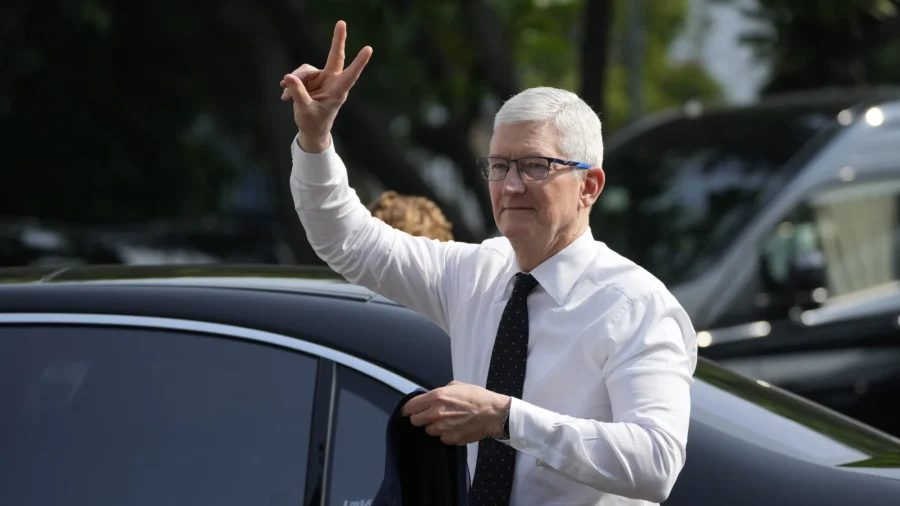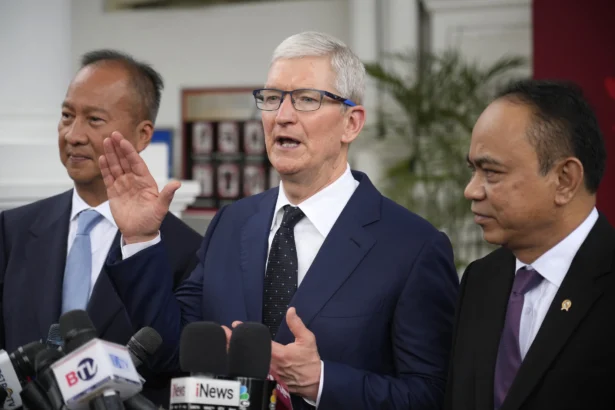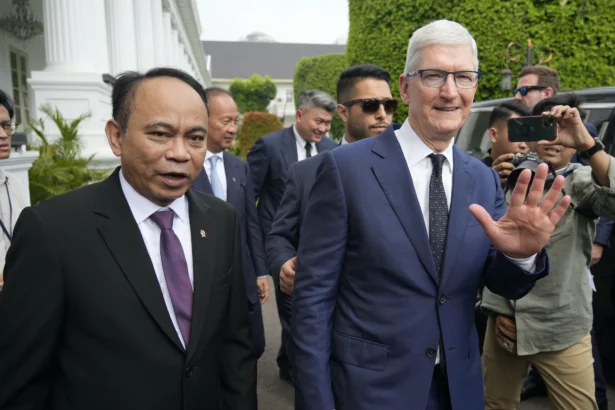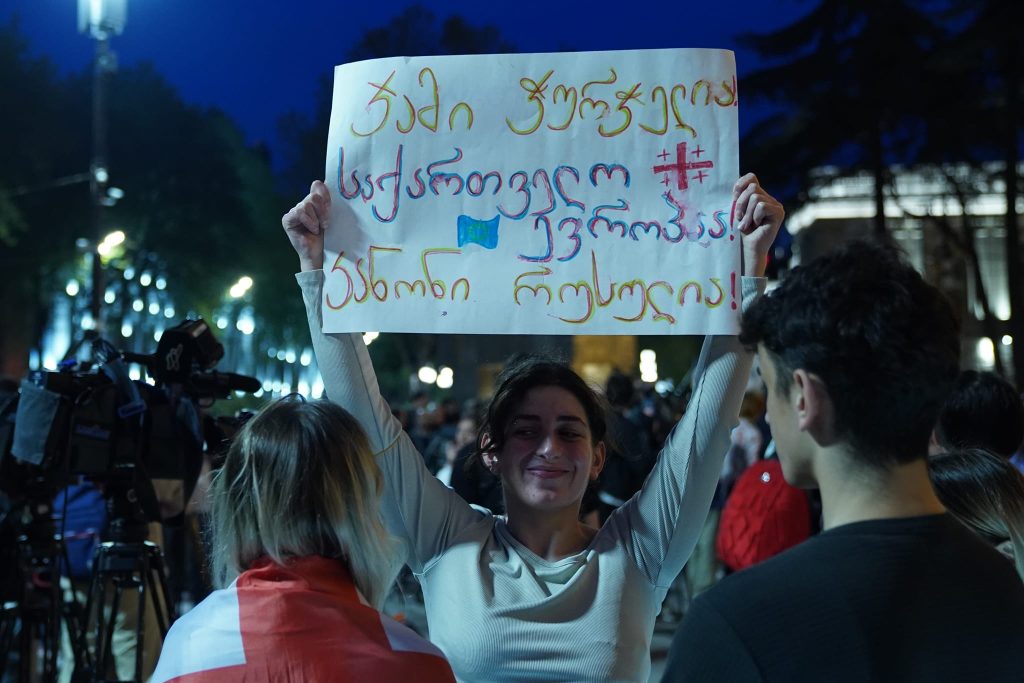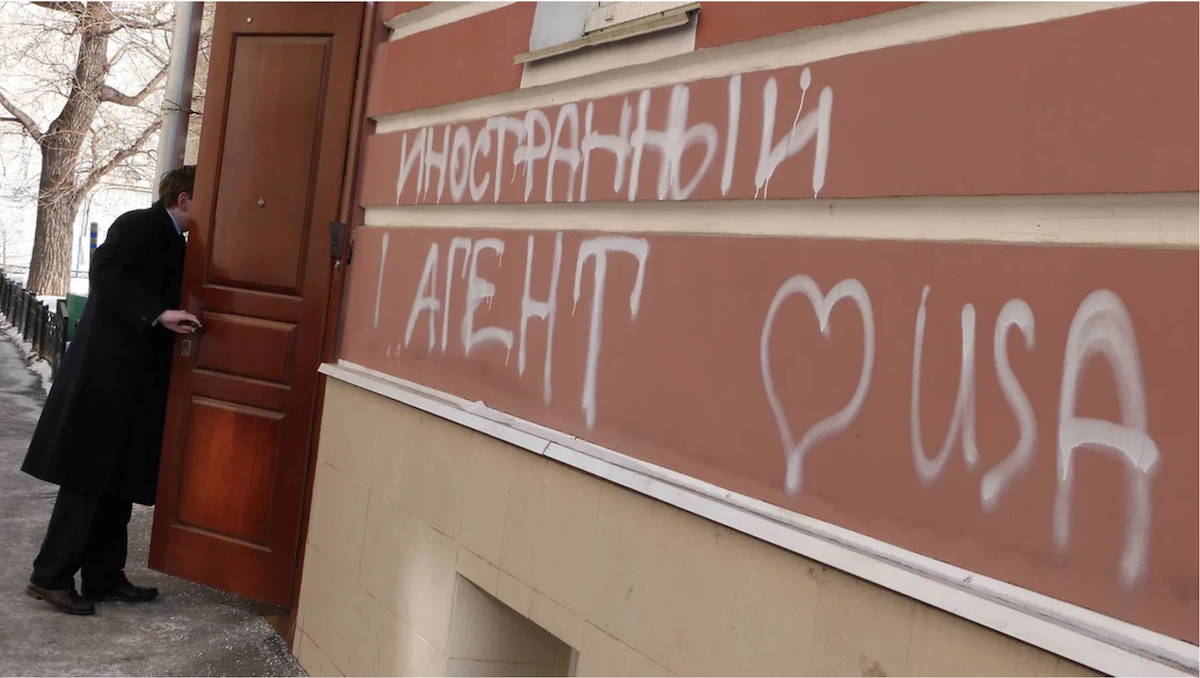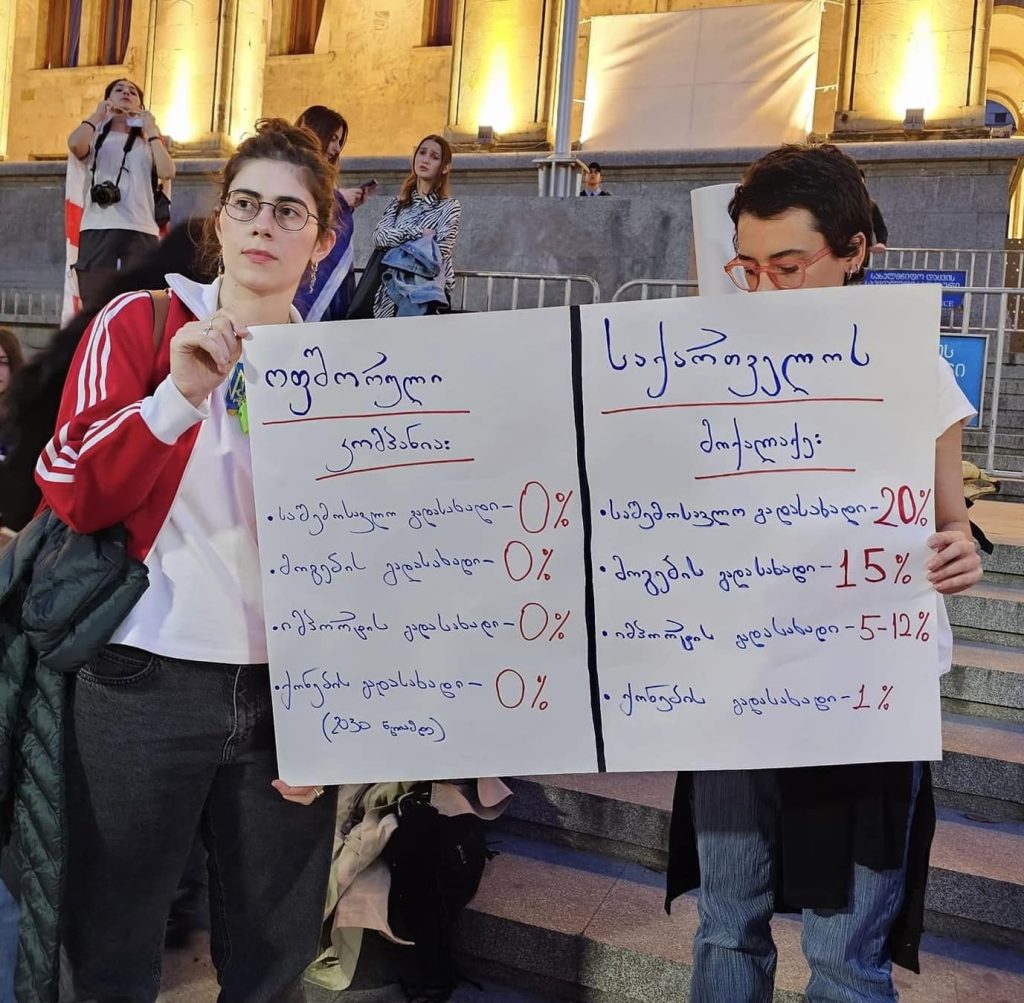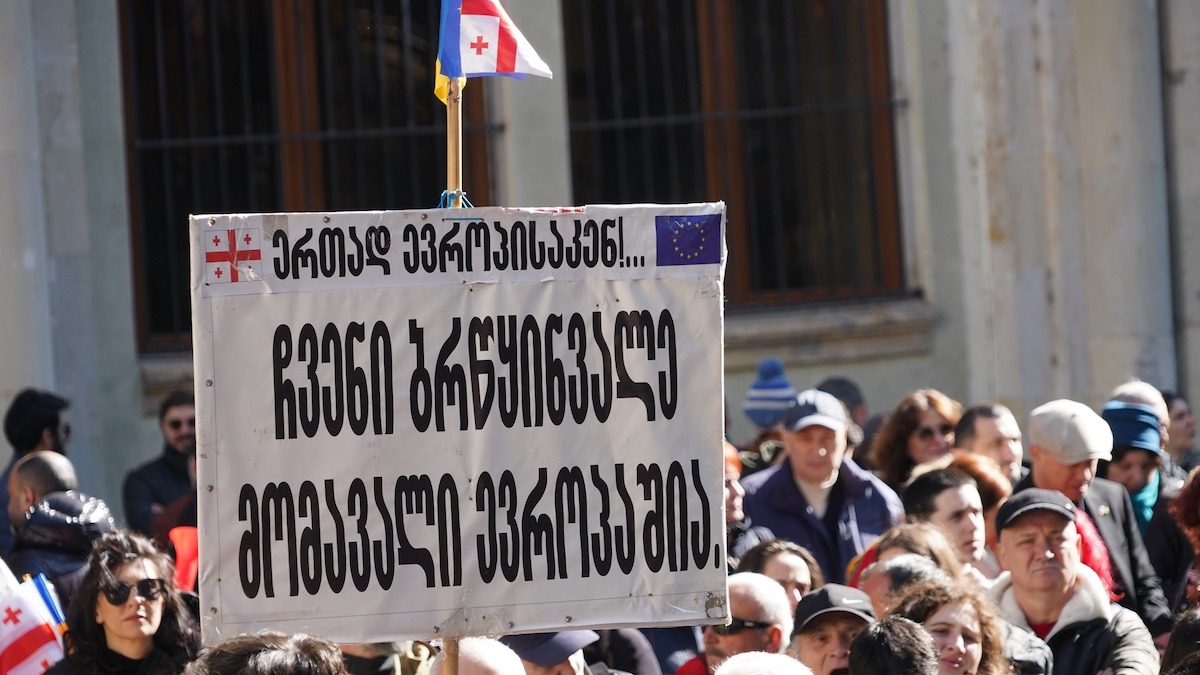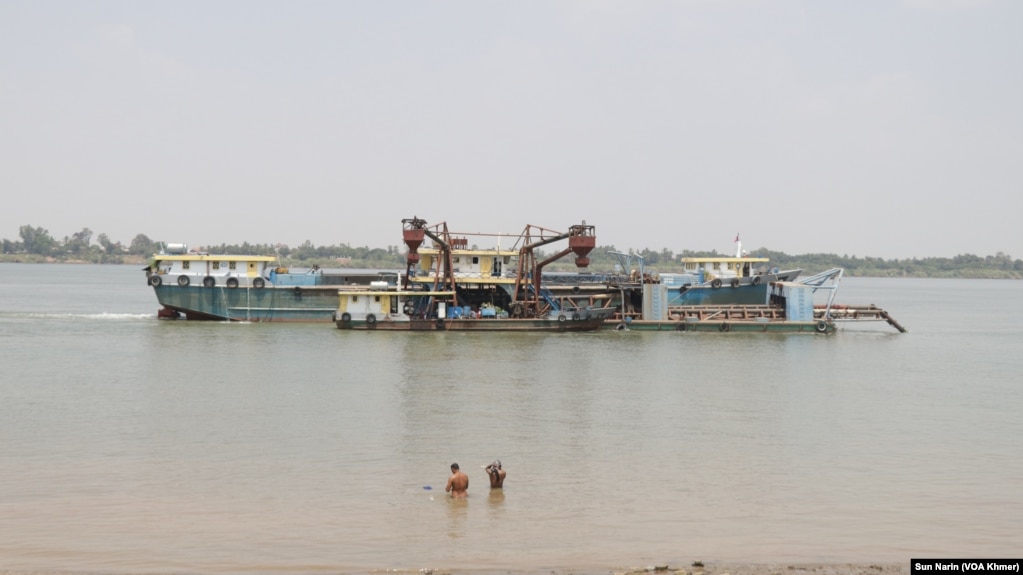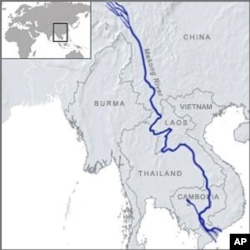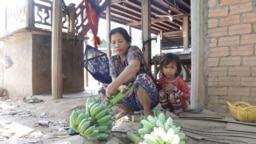Dalai Lama’s sister receives award for educating Tibetans in exile
2024.04.19
 Sue Ott Rowlands (L), president of Randolph College, presents Jetsun Pema, the younger sister of the Dalai Lama, with the Pearl S. Buck Award at Randolph College in Lynchburg, Virginia, April 18, 2024.
Sue Ott Rowlands (L), president of Randolph College, presents Jetsun Pema, the younger sister of the Dalai Lama, with the Pearl S. Buck Award at Randolph College in Lynchburg, Virginia, April 18, 2024.The younger sister of the Tibetan Buddhist spiritual leader the Dalai Lama has received a prestigious university award for her lifelong dedication to educating Tibetan children who live in exile.
Jetsun Pema, 84, received the Pearl S. Buck Award, with a medallion and a cash prize of US$25,000, from Randolph College in Lynchburg, Virginia, on Thursday.
Pema, revered by Tibetans as “Amala,” or “Respected Mother,” has built one of the most successful Tibetan educational institutions abroad — the Tibetan Children's Villages, or TCV. The nonprofit organization cares for and educates orphaned, destitute and refugee children from Tibet. Its main facility is in Dharamsala in northern India.
She is the first Tibetan to receive the award given to women who exemplify the ideals, values and commitments of writer and novelist Pearl S. Buck, the first American woman to receive the Nobel Prize for Literature and a champion of women’s and children’s rights.
“We had some amazing nominations, and when the nominations for Jetsun Pema came through, it just felt like this is [someone] who exemplifies Pearl Buck and her commitments to people of Asia and the children, and her commitment to education,” college president Sue Ott Rowlands told Radio Free Asia.
Pema was also the first woman elected to a ministerial post in the Tibetan parliament-in-exile, serving as minister for education.
Officially recognized by the Tibetan parliament-in-exile as the “Mother of Tibet,” Pema worked at TCV for over five decades.
She served as president of TCV from 1964 to 2006 and was instrumental in leading the expansion of schools across India and in caring for and educating over 53,000 Tibetan children who had escaped Tibet and were separated from their families, or who were orphaned or from underprivileged families.

After she retired in August 2006, Pema continued to work on various children’s education projects, including the Dalai Lama Institute for Higher Education in Bangalore, India.
“This award acknowledges the efforts of not only myself but everyone who has contributed to this cause, starting from my late elder sister along with many others who have dedicated their lives to the education of Tibetan children,” Pema told RFA Tibetan in an interview.
Illustrious list
Previous award winners include former Irish President Mary Robinson, Bangladeshi Prime Minister Sheikh Hasina, former First Lady of Egypt Jehan Sadat, former Philippines President Corazon Aquino, U.S. architect, designer and sculptor Maya Lin, and American author Maxine Hong Kingston.
Pema said she would donate her award money to TCV.
“The education we have given to our young people has benefited them greatly and has empowered them … and that is encouraging,” Pema said, addressing a gathering of several hundred people, including former students and Tibetans who had traveled from other parts of the country to be at the award ceremony.
At the event, Pema spoke about the mandate she received from the Dalai Lama to ensure Tibetan children received a good education and care when she took over the work initiated by her late sister, Tsering Dolma Takla.
Takla, the elder sister of the Dalai Lama, first volunteered in May 1960 to care for over 50 Tibetan children whose parents were working in road construction camps in north India, creating a nursery home for them, which later expanded into a series of over 15 TCV schools across India under Pema’s leadership.
Pema has received several global honors, including the World’s Children’s Prize for the Rights of the Child in Sweden in 2006, the Maria Montessori Award in Italy in 2010, and a UNESCO Medal in 1999.
She also received the esteemed Nari Shakti Puraskar award in 2018 from the Indian government, which recognizes women or institutions dedicated to advancing women’s empowerment.
Translated by Tenzin Dickyi with additional reporting by Passang Dhonden for RFA Tibetan. Edited by Tenzin Pema for RFA Tibetan, and by Roseanne Gerin and Malcolm Foster.









